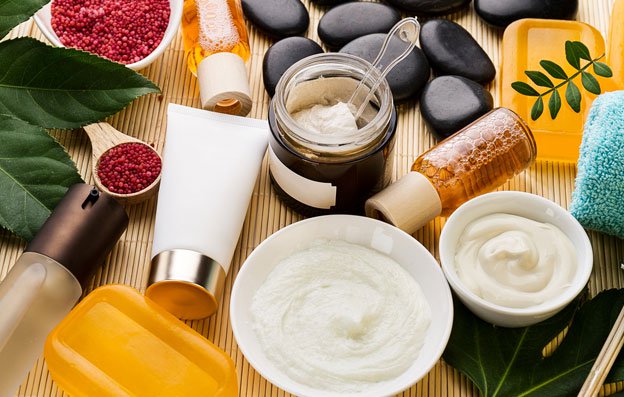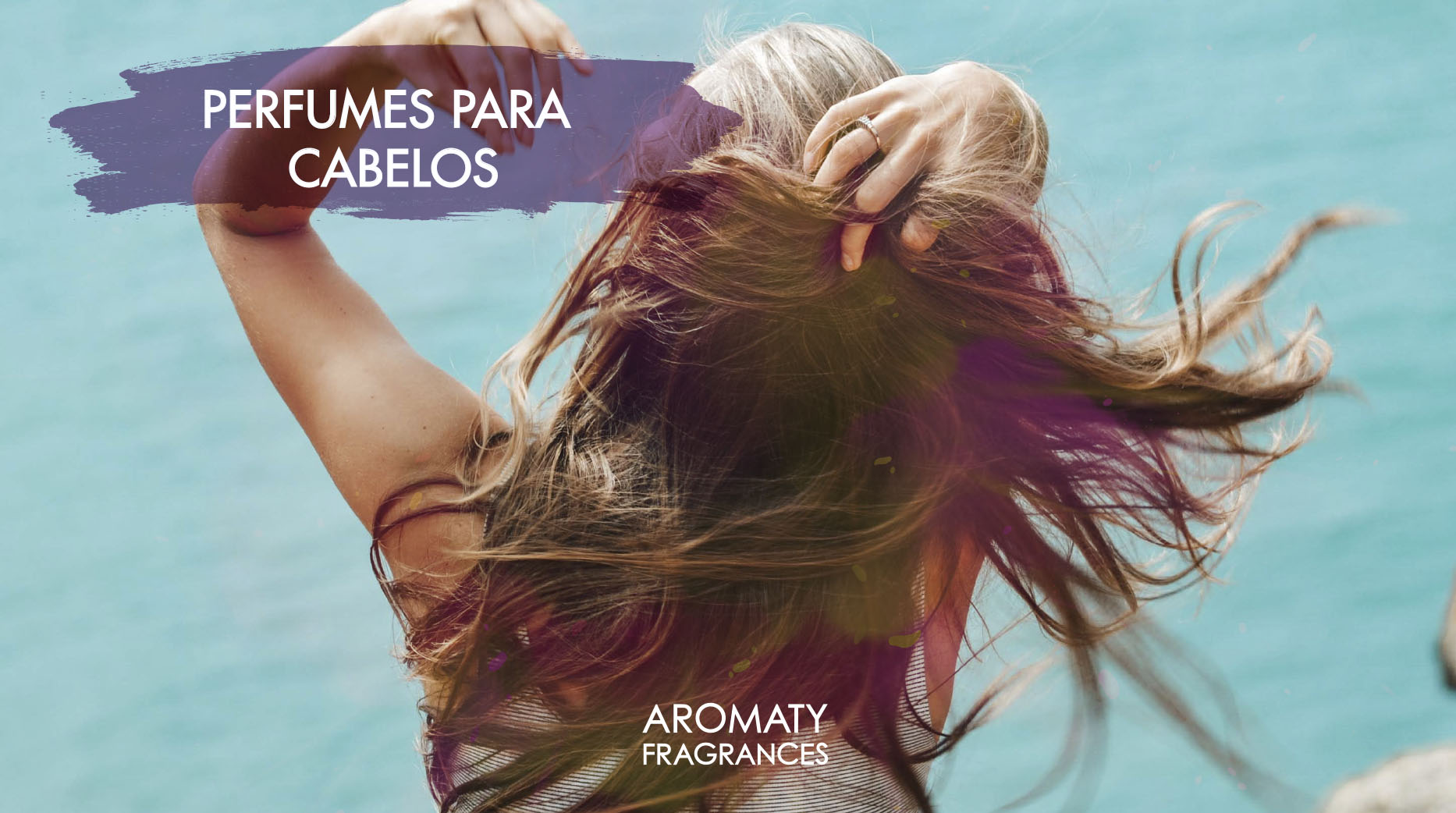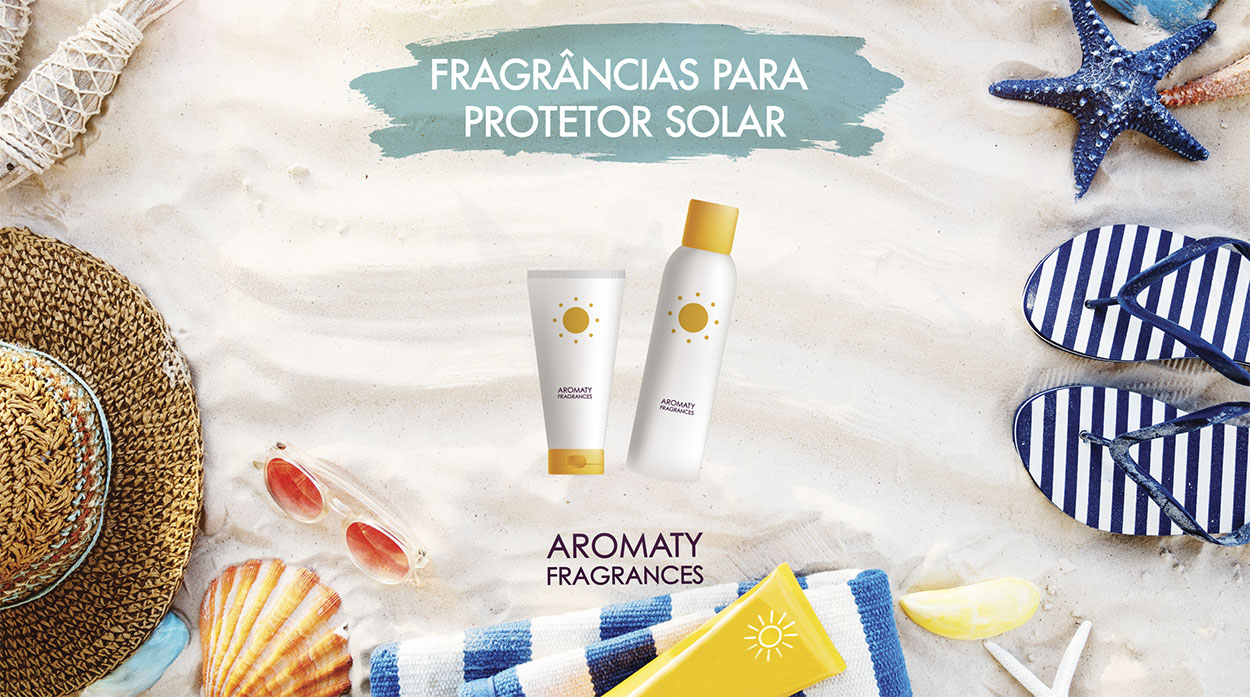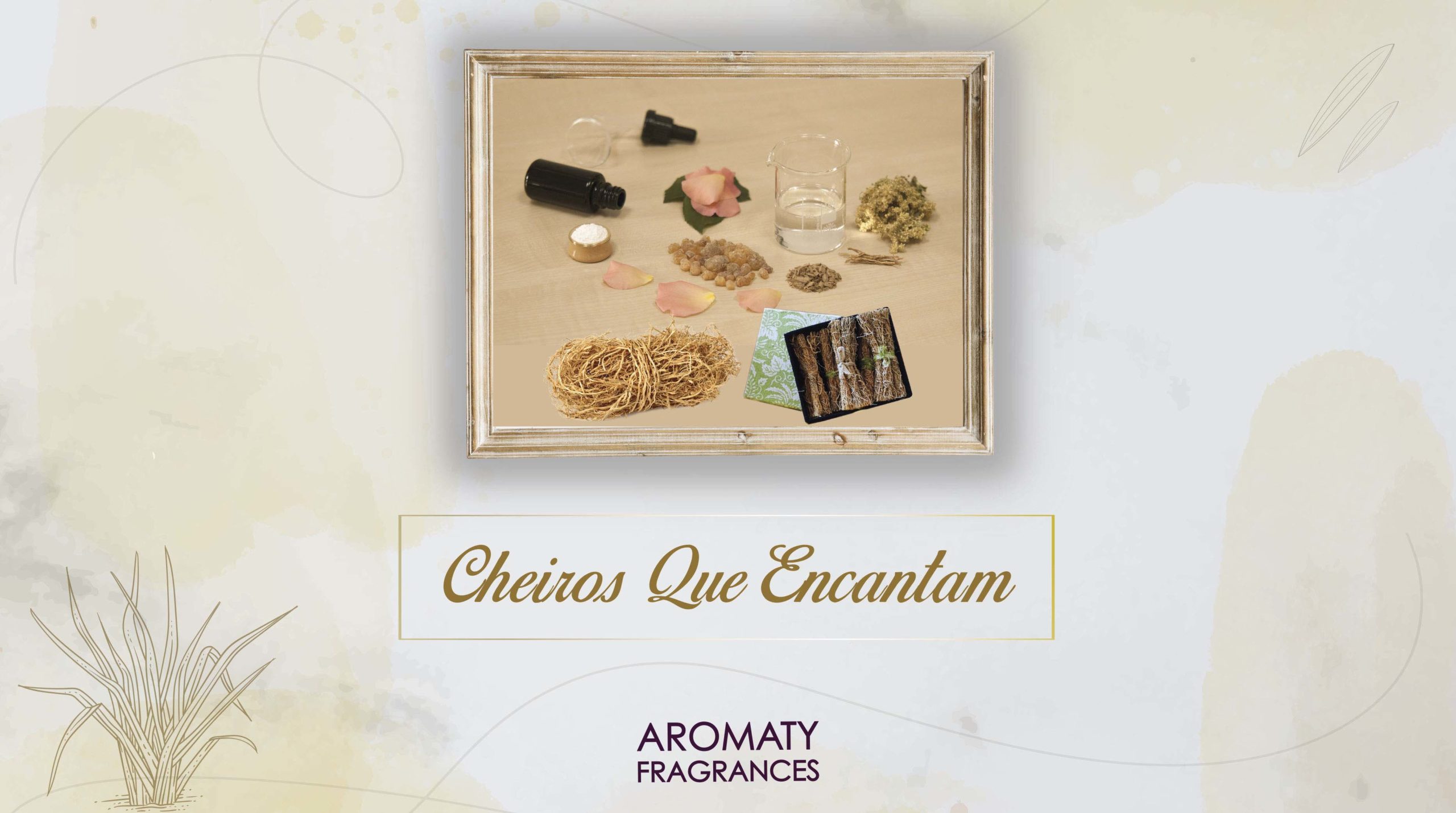
Different origins, common destiny. Latin America is one of the most diverse regions of the globe and has countless cultures, habits and customs, directly influencing the industry in the production of cosmetics, whether in neighboring countries or across the globe. Alexandra Lan, a researcher at Pechoin, from China, believes that consumers are increasingly demanding about the products they consume, seeking customized options for their skin needs.
In China, it deals daily with external factors, which influence the health of the skin such as, for example, pollution, a major impact factor in the Chinese country. “Latin America is very wide of skin types, of different miscigenations. Who lives here, especially in large cities, goes through different situations that affect their routines and their behaviors. These are factors that contribute in a global way to our studies, “says the scientist.
Manuel Li of Yanbal, from Peru, bets on the biodiversity present in Latin America, and how this is a positive factor to invest in one of the new demands of the cosmetic market: natural products. “We have a wide field to be explored in research and development of new cosmetics, with natural and sustainable appeals. The industry has a great challenge in hand, which is to understand how to use these ingredients to deliver benefits to their communities. From what I have seen Brazil is well advanced in this category, “he says.
For the nutrologist Dr. Diogo Toledo, cosmetics can be even more functional, if allied to other practices of body care, in what it calls metabolic longevity, which is the union of intestine, skin and muscle and the balance between them. The researcher approached in this context the probiotics and how they can help the skin from the inside out. “It is important to think of the cosmetic as food, acting from the inside out. And next to that, of course, the control of everything we consume, like ultra processed foods. The balance of our body and our habits impacts directly on the result of products we use externally, for example “.
The new consumer habits of Latin America are impacting even more distant sectors, such as cosmetic regulation. Itamar de Falco Jr, of Anvisa, says that the customization of products, such as for certain types of skins, requires a review in the current model that we have. “Just as a product that is more specific, we need more specific regulation, rethinking our current model. We are willing to raise this debate, “he says.
The topic was debated on the Talk Show “Latina skins: A unique blend”, held yesterday at the COLAMIQC Congress, parallel to FCE Cosmetique.
Source: Magazine Writing H & C







